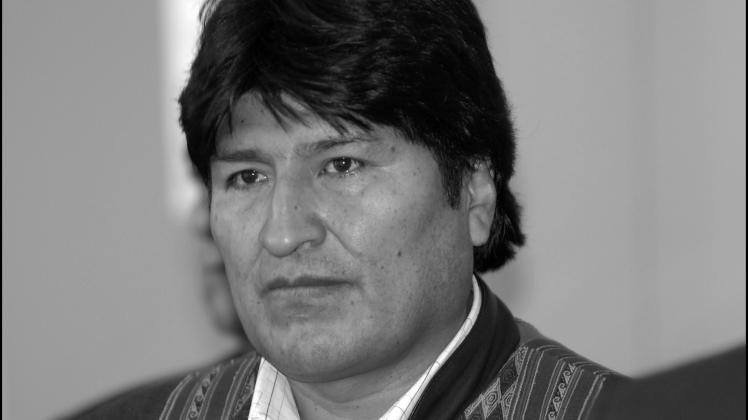The Corruption in Latin America: You Thought the U.S. Was Bad?
April Issue: Global Edition
As Americans we frequently hear accusations about corruption in business or politics. Whether it’s the accusations of Wall Street bankers exploiting the masses, or rumors of Hillary Clinton’s ties to large corporations, people warn us of the dangers of corruption in our country. By and large, however, we have it a lot better than our neighbors in the South. Though Latin America is in the middle of one of the most peaceful and democratic periods in its history, these last couple of years have shown that this time may only have been an illusion. Accusations of corruption have not only been made, but proven true, leading to a loss of faith for many in their governments. In no way is this clearer than by examining two neighboring countries which could not seem more different: Bolivia and Brazil. Unfortunately, the level of alleged corruption that both of their governments have committed is equal.
Bolivian politics was rocked over the last few months with scandals surrounding their President Evo Morales. Morales is a socialist, one of the few who remains in power in Latin America. He is also the first Bolivian president of indigenous descent, one of the reasons he has been popular in a country where 90% of the population considers itself indigenous or descended from natives. Another key factor of his popularity was his vow to remove corruption from Bolivian politics. Having been elected in 2006, and although promising not to run for a third term in 2014, Morales did so and won. President Morales, however, recently took a step too far when he proposed an alteration to the constitution, which would allow him to run for a fourth term. My cousins, who live in La Paz, were among the many who posted on social media, appealing to the Bolivian people to not allow President Morales to consider himself above the law. Their voices did not go unheard, and on February 21st, Bolivians voted against the referendum to change their constitution.
It is interesting to note that social media was not the only reason Mr. Morales did not win the right to another term. In the weeks leading up to the vote, the Bolivian Minister of Justice found that the Indigenous Development Fund (Fondioc), which was set up by the government, had in fact been funneling funds into thirty non-existent “ghost projects.” This scandal cost taxpayers an estimated $2.1 million, and forced several top officials in Morales’ government to resign. Though no firm evidence yet connects President Morales to the scandal, the myth that his government is turning a new leaf for Bolivia is shattered.
While people have come to expect corruption in a poor country like Bolivia, the recent political scandals in Brazil have become a shock to many. Over the past decades Brazil has gained admiration for rising from the status of a third world country to the 8th largest economy in the world. Unfortunately it seems that while it’s economy has evolved, it’s political system hasn’t.
Brazilian President Dilma Rousseff, with her close ties to the state-owned oil company Petrobras, has been fingered in an investigation that alleges that the current and former Brazilian presidents are involved in corruption on a massive scale. This scandal, which is already the largest in any democracy in the history of the Earth, is revealing more of the ugly truth every day. When questioned about the allegations leveled at her, President Rousseff denied any involvement in the billions of dollars that were allegedly embezzled through Petrobras. When there were riots in the streets calling for her to step down and for the previous president Luiz Inácio Lula da Silva to be arrested, Rousseff made him her chief of staff.
Since the break of this scandal her approval ratings continue to plummet. Currently over a fifth of the National Congress is under investigation, and no one in the government seems free of blame. We will have to see how the scandal unfolds, but it is clear that Brazilians and the rest of the world no longer labor under the illusion that corruption is gone.
Bolivians and Brazilians are symbolic for the many Latin Americans who are suffering under governments steeped in corruption. For many years now, corruption has been so much a part of the way of life in the Hemisphere that it is hard for it to die out. However, if the backlash that we see in countries like Bolivia and Brazil is anything to go by, we can see that the people are tired of more of the same, and will not stand for corrupt governments.
At the moment, it is hard to tell whether this is truly a turning point for Latin America, or the start of a new cycle of corruption, which we will hear about in another ten years – let us hope it is the former.



































